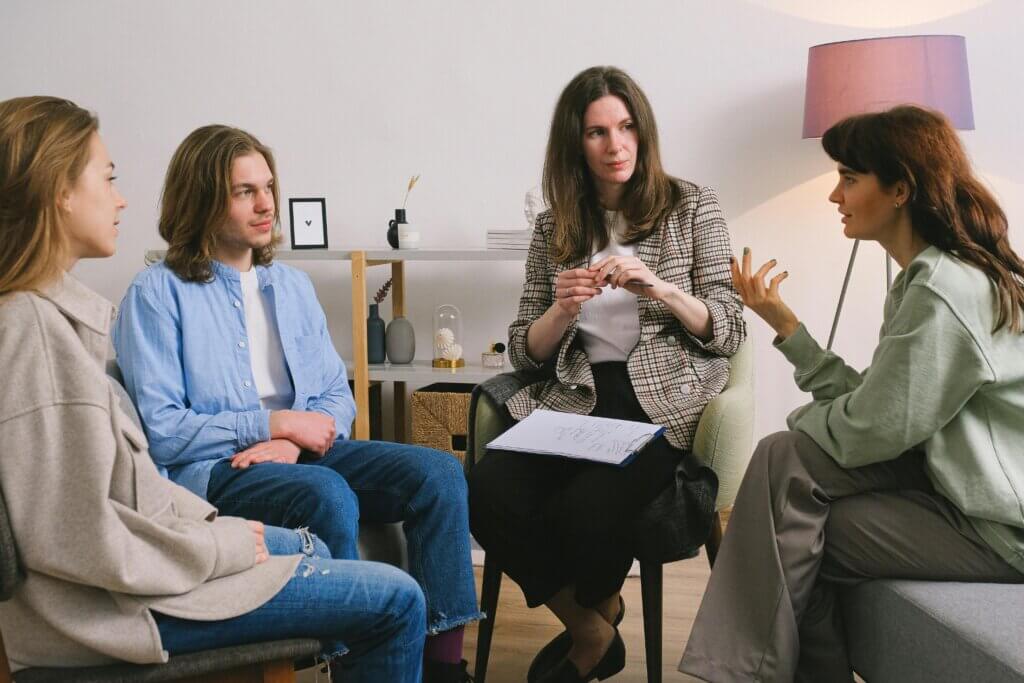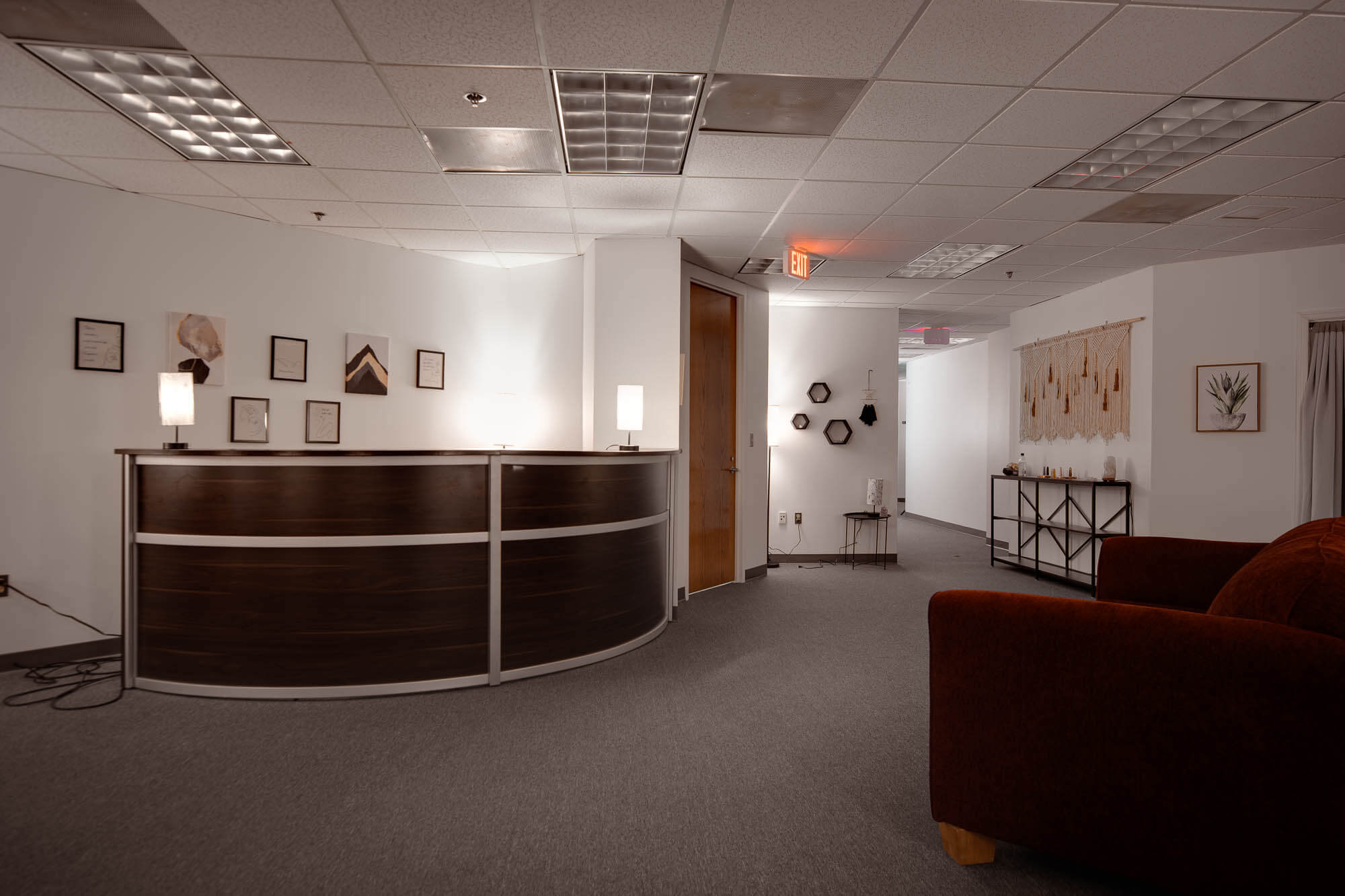
At our practice, we understand that therapy is a deeply personal journey. While individual therapy provides a one-on-one space for introspection and personal growth, group therapy offers a unique set of benefits that can complement and enhance your healing process in ways individual sessions may not.
What Makes Group Therapy Different?
Group therapy brings together a small group of individuals who share common challenges or experiences, facilitated by a trained therapist. Unlike individual therapy, where the focus is entirely on you and your personal goals, group therapy offers the opportunity to gain insight from others in similar situations, share experiences, and receive support in a collaborative setting.
Unique Benefits of Group Therapy
- Connection and Support
One of the most powerful aspects of group therapy is the sense of connection it fosters. You’re not alone in your struggles—others in the group share similar experiences and emotions, which can reduce feelings of isolation and provide a sense of camaraderie. Knowing that others understand what you’re going through can be deeply validating and healing. - Diverse Perspectives
In a group, you have the opportunity to hear different viewpoints and coping strategies from others. These diverse perspectives can offer new insights and ideas that may not come up in individual therapy. You can learn from others’ successes and mistakes, and perhaps find solutions to your own challenges. - Real-World Practice
Group therapy provides a safe space to practice new communication and social skills. Whether it’s learning to express your feelings more openly, managing conflict, or improving your relationships, the group setting allows you to apply what you’re learning in real-time, receiving immediate feedback and support from peers. - Affordability
Group therapy can be a more cost-effective option compared to individual therapy, while still providing high-quality therapeutic support. It offers the same level of professional facilitation but with the added benefit of group dynamics.
Types of Therapy Groups
Not all therapy groups are the same. There are different types of groups, each designed to address specific needs:
- Process-Oriented Groups: These groups focus on interpersonal dynamics and emotional processing. Participants explore their feelings in real-time as they interact with others in the group, gaining insights into how they relate to others and themselves.
- Psychoeducational Groups: These groups are more structured and often focus on teaching coping skills, stress management techniques, or education on specific mental health topics. They provide a supportive environment for learning practical strategies.
- Support Groups: These groups are typically less structured and emphasize providing emotional support to those dealing with similar life challenges, such as grief, addiction, or chronic illness.
- Skill-Building Groups: Focused on improving specific skills—such as mindfulness, emotional regulation, or social skills—these groups provide a space for individuals to practice and receive feedback on their progress.
Is Group Therapy Right for You?
If you’re considering group therapy, it’s important to remember that this type of therapy isn’t for everyone. Some people find it more challenging to open up in a group setting, while others thrive on the shared experience and mutual support. If you’re wondering whether group therapy might be a good addition to your treatment plan, talk to your therapist to explore whether it’s a good fit for your current goals.
Group therapy can be an enriching and supportive complement to individual therapy, offering a unique opportunity for healing, growth, and connection.










